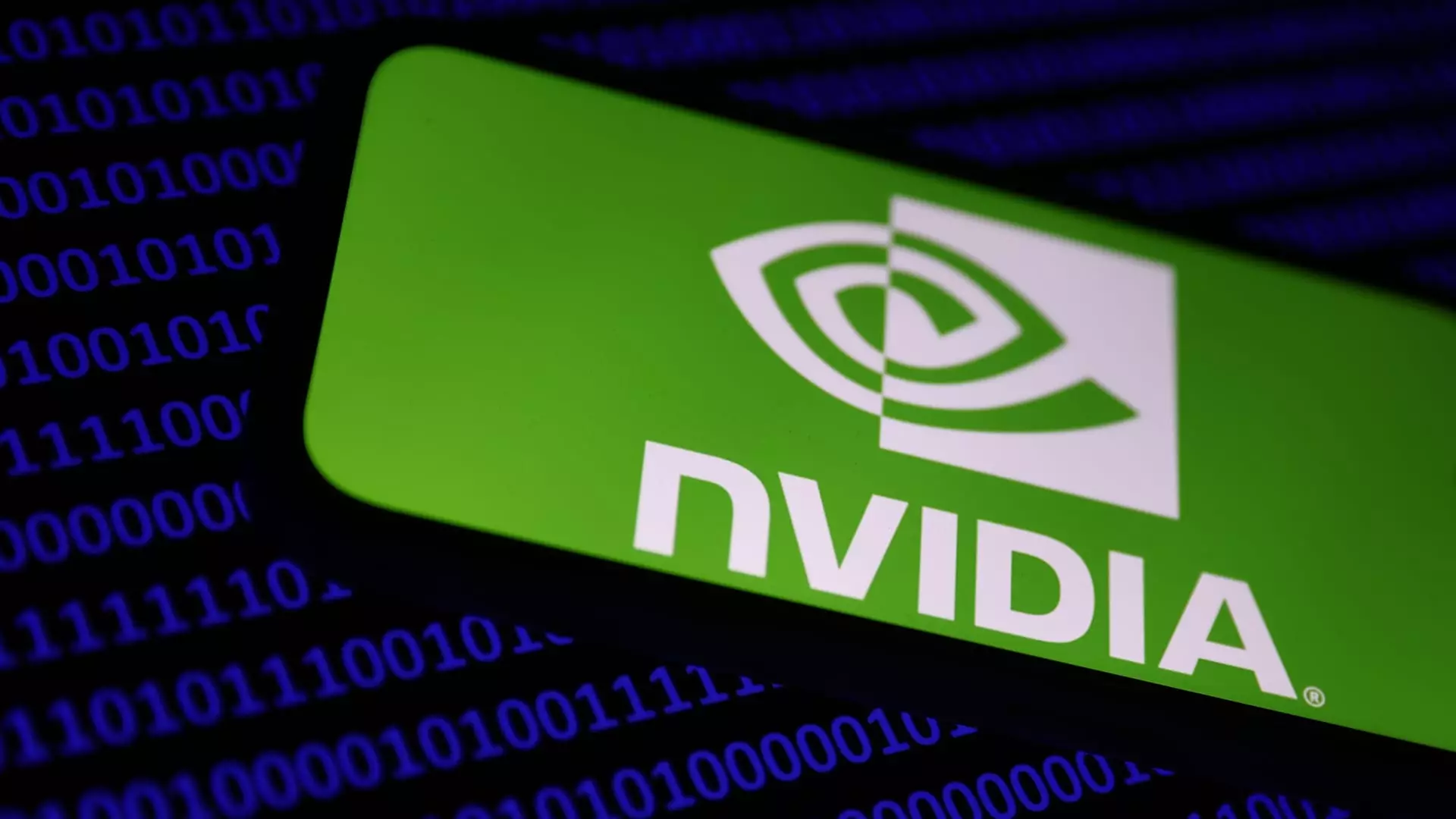As global technological landscapes evolve, nations are racing to secure access to cutting-edge advancements. Saudi Arabia, a nation traditionally dependent on petroleum, is now setting its sights on transforming its economy through artificial intelligence (AI). This shift is epitomized by its ambition to partner with NVIDIA, a leading American chipmaker known for its high-performance computing capabilities. The expectation of gaining access to NVIDIA’s powerful chips within the year marks a pivotal moment in Saudi Arabia’s strategy to not only modernize its economy but also to position itself as a regional leader in AI development.
Abdulrahman Tariq Habib, Deputy CEO of the Saudi Data and AI Authority (SDAIA), spoke candidly about the kingdom’s aspirations during a recent international AI summit in Riyadh. His forecasts coincide with a crucial phase of development anticipated to lead to significant breakthroughs in AI capabilities. Habib articulated that access to NVIDIA’s H200 chips—integral to models like OpenAI’s GPT-4—would be transformative, enhancing both Saudi and U.S. collaborations and nurturing advanced computational capabilities within the kingdom. The sentiment shared by Habib highlights not only a focus on hardware but also on augmenting human and data capacities, showcasing a holistic approach to developing an AI-driven infrastructure.
Investment Goals and Economic Diversification
Saudi Arabia’s vision extends beyond merely accessing technological resources; it aims for AI to constitute 12% of its gross domestic product (GDP) by 2030. This ambitious target forms part of the broader Vision 2030 initiative under Crown Prince Mohammed bin Salman, which seeks to diversify the nation’s economy away from oil dependency. Spearheaded by the $925 billion Public Investment Fund (PIF), this plan encompasses significant investments, including discussions around establishing a $40 billion fund in partnership with prominent venture capitalists in the United States. Such financial maneuvers signal a strategic alignment with advanced technologies while positioning Saudi Arabia as a competitive player on the global stage.
The path toward acquiring NVIDIA chips, however, is fraught with challenges. U.S. export controls, primarily designed to restrict advanced technology transfer to nations with strategic concerns—particularly China—have created hurdles for Saudi Arabia. The Biden administration has tightened the screws on semiconductor exports, resulting in a landscape where special licenses are required for accessing these technologies. The geopolitical implications of these controls cannot be overstated. With China as Saudi Arabia’s largest trading partner and a key investor in Vision 2030, balancing relations with both the U.S. and China is critical. The ongoing diplomatic negotiations reflect the complexities of managing a rapidly evolving technological environment where nations are increasingly interdependent yet competitive.
Despite the obstacles, the outlook is not entirely pessimistic. Habib underscored the importance of collaboration and dialogue between Saudi Arabia and the U.S., emphasizing a budding partnership in the AI sector. As efforts are made to ease export restrictions, the potential for joint research, innovation, and product development increases. This relationship not only holds promise for Saudi Arabia’s aspirations but also stands to benefit the U.S., which can tap into emerging markets and resources that AI development in the Gulf region presents.
Internationally, the call for cooperative ventures in data analysis underscores Saudi Arabia’s intent to emerge as a significant player in the AI ecosystem. By engaging with global partners and refining its technological capabilities, the kingdom strives to build a robust foundation for research and innovation, hoping to attract a wider array of investments and intellectual capital.
Saudi Arabia’s pursuit of advanced AI capabilities exemplifies a transformative phase where the nation seeks to reshape its economic identity. The anticipated access to NVIDIA chips represents a beacon of hope as the kingdom navigates the dual challenges of international relations and technological advancement. With strategic investments and an emphasis on collaborative global partnerships, Saudi Arabia is on track to establish itself as an influential force in the realm of artificial intelligence—a journey that could redefine its economic landscape in this new digital era. As the kingdom strides confidently towards its goals, the global community watches closely, eagerly anticipating the implications of this ambitious endeavor on technology, economy, and international diplomacy.

